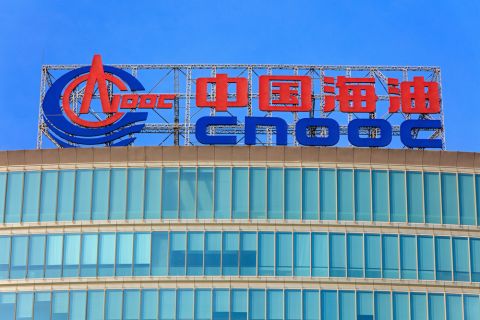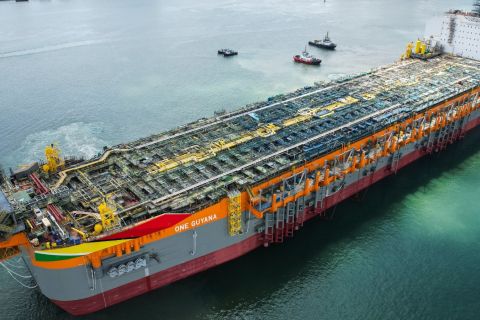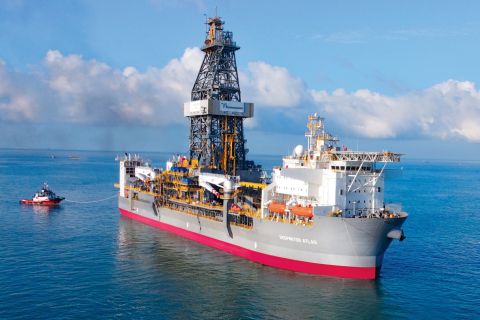Most of its refining business will be sold in El Paso Corp.'s 2003 round of cash-raising asset sales, which it expects will total $2.9 billion and follows $3.9 billion of divestments in 2002. The company also will exit the liquefied natural gas (LNG) business, despite that it has been among the most vocal backers of new North American LNG capacity in the industry. 2003 capex will total $2.6 billion, a 35% decline from 2002 and 54% drop from 2001. E&P spending will be down 48%. And, it will reduce stock dividends 80% to 16 cents per share annually. El Paso expects to pay down approximately $2.5 billion of debt and minority interest financings in 2003. "While we've done a lot up to this point, 2003 is still a transition year for El Paso," William A. Wise, chairman and chief executive officer, says. Wise plans to step down from his positions by year-end. The company is "aggressively dealing with the past," Wise says. In hindsight, El Paso would have done some things differently, or possibly not at all, he adds. Going forward, El Paso sees itself mainly as an E&P and pipeline company. Some 87% of its 2003 capital will be devoted to these two businesses. In its production business, the company's 2003 plan is focused on South Texas, coalbed methane and the deep-shelf play in the Gulf of Mexico. The 2003 capital plan of $1.3 billion (down from $2.5 billion last year), is expected to keep production roughly level with 2002 results. The company intends to invest only minimal capital in its midstream business. It will continue to participate in the sector via its interest in El Paso Energy Partners LP. In its power business, El Paso will retain plants that have long-term sales agreements and generate dependable earnings and cash flow. Stuart Wagner, who follows El Paso for Petrie Parkman & Co. in Denver, says the announcement raises more questions than it answers. That's not a good sign, given that investors hate uncertainty. "Some of the moves they made were necessary and were positive moves. However, their financial flexibility seems to be more and more restricted, not better. And that's not good either." El Paso's debt and other obligations at the end of 2002 were actually $1.5 billion higher than they were a year earlier, despite that the company sold nearly $4 billion worth of assets, he adds. Some of this has to do with that some off-balance-sheet entities have been put back on the balance sheet, but the overall trend is concerning, he says. "Bottom line-the company's cash flow generation is shrinking, while the debt situation doesn't seem to be improving." Wagner also will be watching to see whether El Paso is able to sell its assets at the prices that it hopes for, such as the $1.1 billion it hopes to receive for its refining assets. "I think that is an optimistic number." -Jodi Wetuski
Recommended Reading
Deepwater Roundup 2024: Offshore Africa
2024-04-02 - Offshore Africa, new projects are progressing, with a number of high-reserve offshore developments being planned in countries not typically known for deepwater activity, such as Phase 2 of the Baleine project on the Ivory Coast.
E&P Highlights: March 11, 2024
2024-03-11 - Here’s a roundup of the latest E&P headlines, including a new bid round offshore Bangladesh and new contract awards.
CNOOC Finds Light Crude at Kaiping South Field
2024-03-07 - The deepwater Kaiping South Field in the South China Sea holds at least 100 MMtons of oil equivalent.
Deepwater Roundup 2024: Americas
2024-04-23 - The final part of Hart Energy E&P’s Deepwater Roundup focuses on projects coming online in the Americas from 2023 until the end of the decade.
Rystad: More Deepwater Wells to be Drilled in 2024
2024-02-29 - Upstream majors dive into deeper and frontier waters while exploration budgets for 2024 remain flat.





